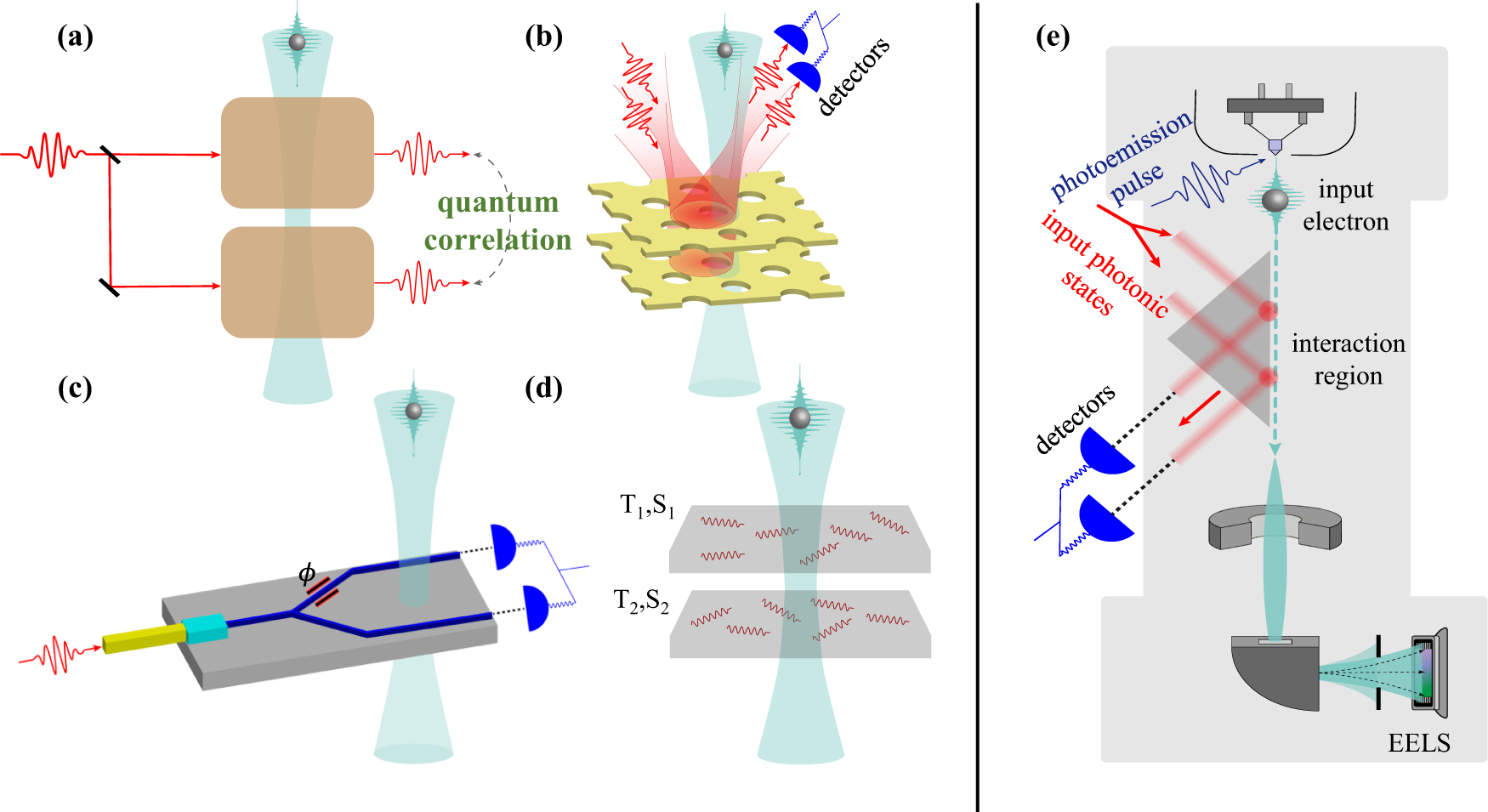Scientists Discover New Quantum Behavior in 'Heavy' Electrons
Scientists in Japan have discovered a new quantum behavior in 'heavy' electrons, revealing entanglement and mass enhancement effects that could transform quantum computing and electronics.

Scientists in Japan have uncovered a previously unknown quantum behavior in so-called "heavy" electrons, according to findings released on September 10, 2025. These electrons, which act as if they possess far greater mass than typical electrons, were observed to exhibit unique entanglement properties and mass enhancement effects, deepening our understanding of quantum materials and potentially paving the way for advances in quantum computing and next-generation electronics.
The research team, based at a leading Japanese university, reported that these heavy electrons were not only entangled—a phenomenon where particles share a quantum state regardless of distance—but also displayed a form of quantum linkage that had not been previously documented in such systems. This entanglement was found to be closely tied to the electrons' effective mass, which is dramatically increased due to strong interactions within the material. The discovery was made using advanced spectroscopic techniques and low-temperature measurements, allowing the scientists to probe the quantum states of the electrons with unprecedented precision.
Quantum Entanglement and Mass Enhancement
The phenomenon of heavy electrons arises in certain materials known as heavy-fermion compounds, where interactions between electrons and the atomic lattice cause the electrons to behave as if they are hundreds of times more massive than free electrons. The new study revealed that these heavy electrons are not only sluggish due to their mass but are also deeply entangled, forming a collective quantum state that influences the material's overall properties. This entanglement is believed to be responsible for exotic behaviors such as unconventional superconductivity and quantum criticality, which have long fascinated physicists.
According to the researchers, the observed quantum behavior challenges existing theoretical models and suggests that the interplay between mass enhancement and entanglement is more intricate than previously thought. "Our findings indicate that the quantum state of heavy electrons is governed by a delicate balance of interactions, leading to emergent properties that could be harnessed for technological applications," the lead scientist stated in an official press release.
Implications for Quantum Technology
The discovery has significant implications for the development of quantum technologies. Heavy-fermion materials are considered promising candidates for quantum computing components due to their robust quantum coherence and tunable electronic properties. The newly observed quantum behavior could enable the design of materials with tailored entanglement and mass characteristics, potentially leading to more stable and scalable quantum bits (qubits) and energy-efficient electronic devices.
International experts have hailed the discovery as a major step forward in condensed matter physics. A local Japanese science outlet emphasized the potential for these findings to inspire new research into quantum materials, while international coverage highlighted the broader impact on the future of electronics and information technology. The research team plans to further investigate the mechanisms underlying the entanglement and mass enhancement, with the goal of engineering materials that exploit these quantum effects for practical use.
The breakthrough underscores the importance of fundamental research in quantum physics and its potential to drive innovation across multiple fields, from computing to energy to materials science.